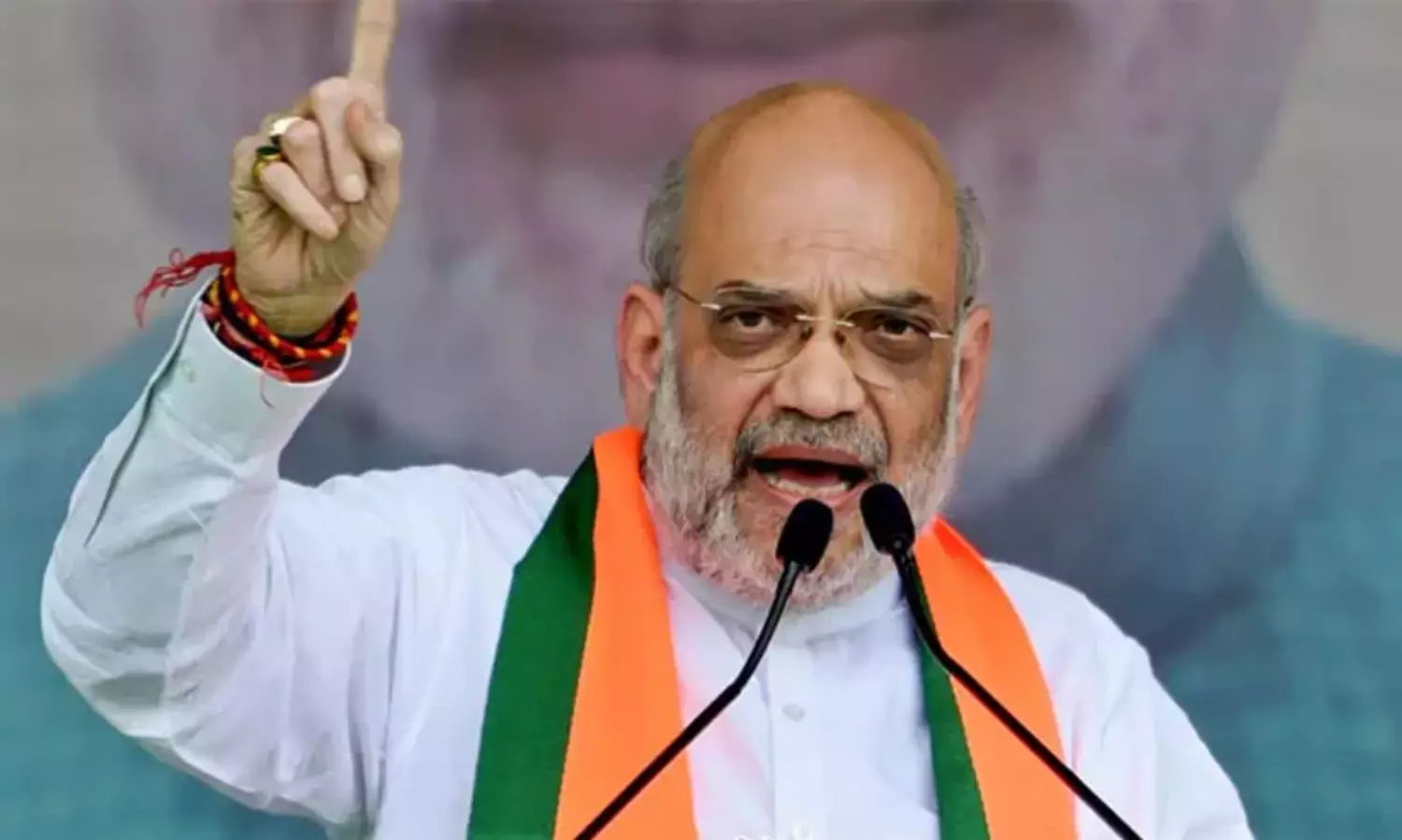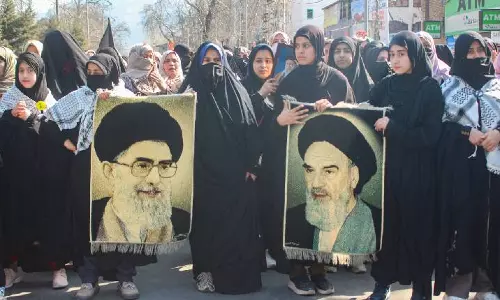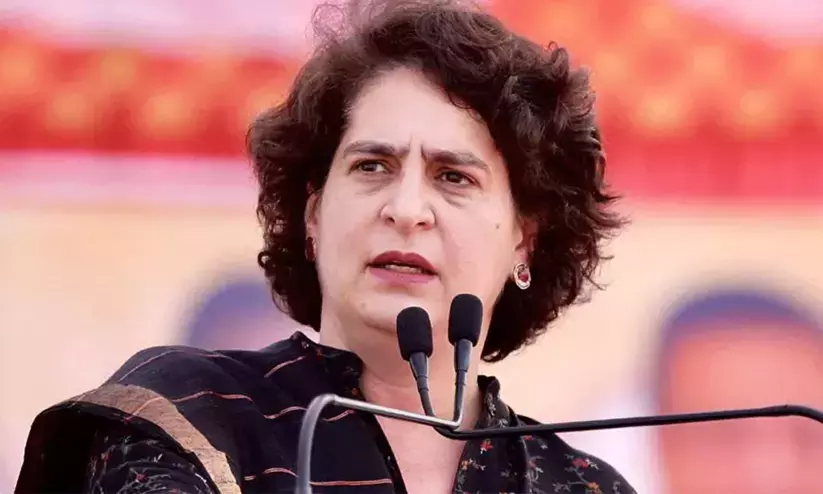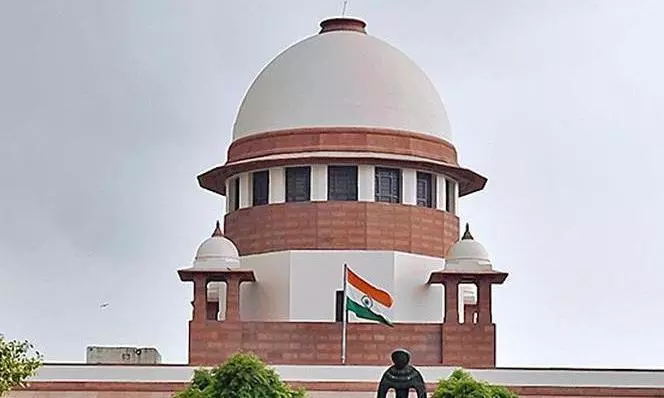
Citizens have right to protest abrogation of Art 370: Supreme Court
text_fieldsNew Delhi: In a significant ruling, the Supreme Court dismissed a case on Thursday against a man who was accused of making critical comments about the abrogation of Article 370. The court underscored that every citizen has the right to dissent and the police must be aware of the freedom of speech granted by the Constitution, NDTV reported.
The court said that Article 19(1)(a) of the Constitution grants citizens freedom of speech and expression, which gives every citizen to offer criticism of the abrogation of Article 370, which granted special status to the erstwhile state of Jammu & Kashmir. Citizens have the right to criticize every decision of the state.
The court said that it is time for the police to get educated about the concept of freedom of speech and expression guaranteed by the Constitution. The police should be sensitized the democratic values enshrined in the nations constitution, the court of Justices Abhay S Oka and Ujjal Bhuyan said.
A professor from Kashmir, Javed Ahmed Hazam, made a WhatsApp status protesting the abrogation of the article, which called August 5 a “Black Day”. Following this, a criminal case was filed against him. The apex court directed to scrap the case on Thursday, observing that his WhatsApp status was an expression of protest.
Allegedly the professor had also celebrated the August 14, the independence day of Pakistan. The court ruled that the wishing Paksitan people a happy independence day was a gesture of good will, and it cannot be seen as to create feelings of animosity, hostility, hatred or ill-will between different religious groups.

















